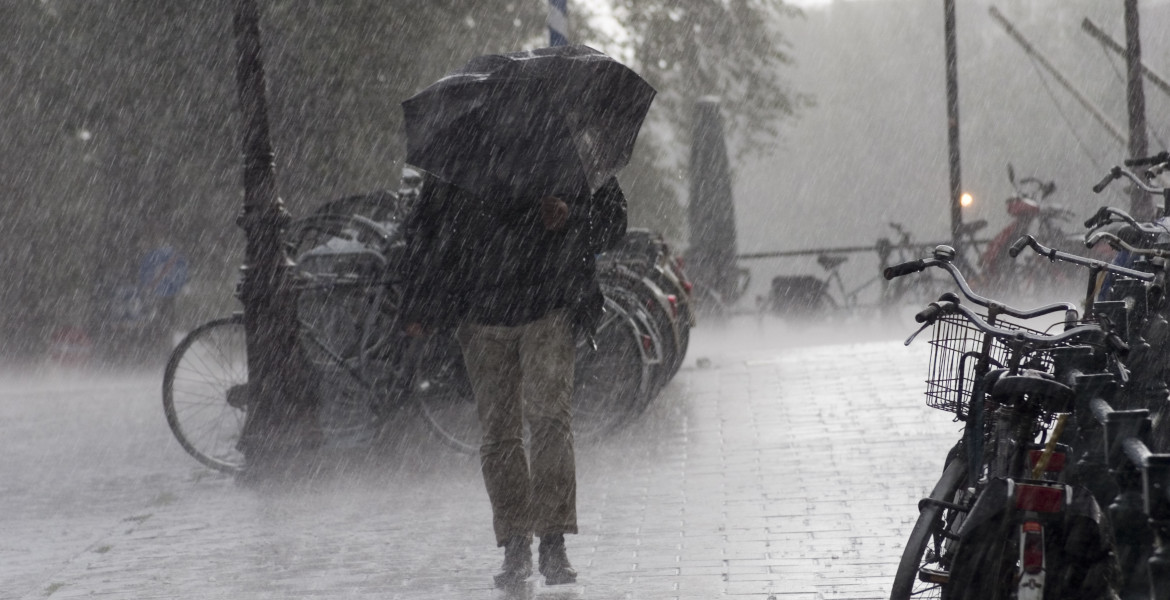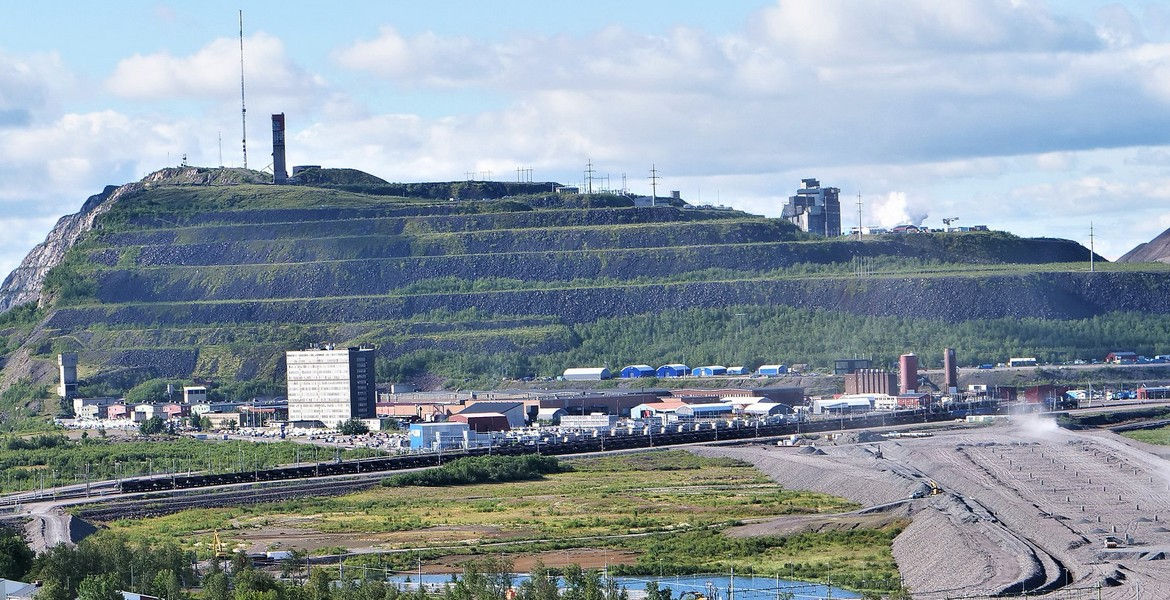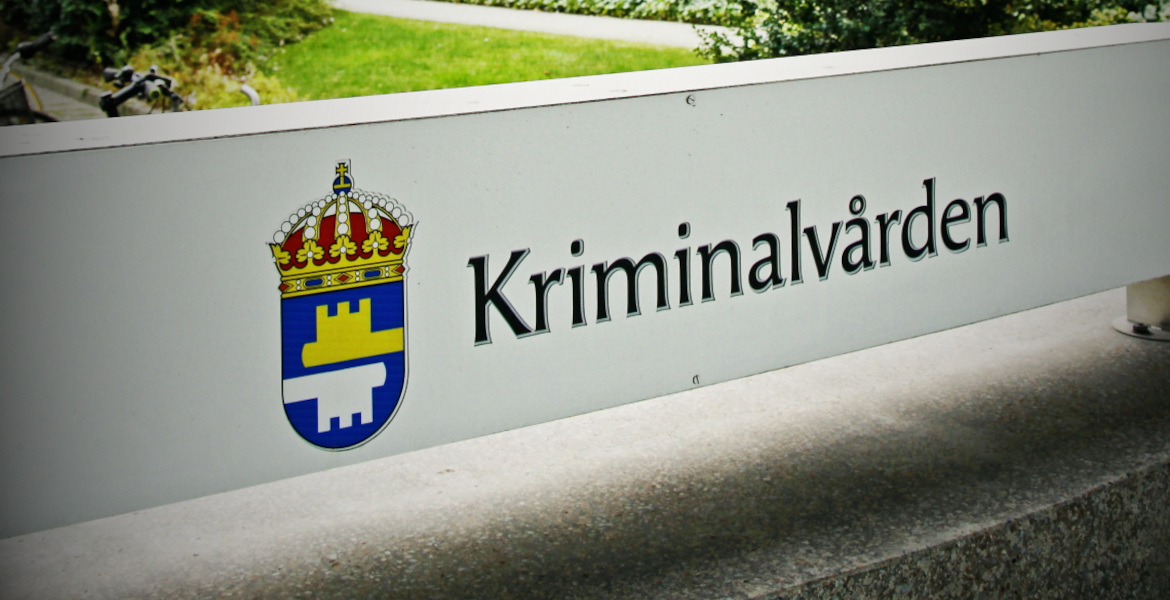Sweden could play a key role in Europe’s efforts to reduce its dependence on China for strategically important metals. Swedish mining company LKAB’s major discovery of rare earth metals in Kiruna, northern Sweden, is now being highlighted as a potential solution to the EU’s growing raw materials problem.
The European Commission has recently granted the LKAB project “strategic” status under the EU’s Critical Raw Materials Act, which means simplified permit processes and priority handling, reports Dagens Industri (Swedish business daily).
After in-depth investigations, the mineral resources in what is called the Per Geijer deposit are now estimated at approximately 1.2 billion tons, with up to 2.2 million tons of rare earth metals and high levels of iron and phosphorus – making the deposit the largest of its kind within the EU.
Rare earth metals are crucial in the manufacturing of electric vehicles, wind turbines and advanced electronics, among other things. Today, China dominates production, which has created concerns about supply chains as demand increases globally.
The EU’s new raw materials law aims to ensure that at least 10 percent of needs can be met within the union by 2030.
Significant step – but long road to extraction
Despite the large resources, extensive assessments remain before extraction can begin. LKAB has started environmental assessments, technical investigations and economic analyses, but both the company and Swedish authorities emphasize that the process is expected to take several years.
– The next major energy issue will be rare earth metals where China has positioned itself over the past 30-40 years. Without them, we cannot manufacture electric cars, fighter jets or iPhones. Then the question is whether we want to let Xi Jinping decide that or not, says Jan Moström, CEO of LKAB.
The extraction of rare earth metals could take place in parallel with iron ore mining, which increases the project’s profitability and reduces dependence on global monopoly-like structures.
– What we did for many years in Sweden was to export our environmental, climate and landscape impact to other countries and didn’t care about it when we imported these materials. That worked as long as we had free trade. Then the question is whether we should go back to using wood and stone or secure the materials and resolve these conflicting goals, Moström argues.
Political and industrial support
Both the Swedish government and the European Commission are now highlighting the Kiruna discovery as an important step toward a more self-sufficient Europe.
The project is expected to contribute to the “green transition” that requires large quantities of strategic metals, while also creating new jobs and strengthening Swedish mining industry.
At the same time, questions remain about environmental impact, coexistence with reindeer herding and local opinion – factors that have already delayed previous mining projects in Sweden.
How quickly LKAB can move from prospecting to production will determine whether Europe has the opportunity to reduce dependence on non-European suppliers in time for the next technological leap.







